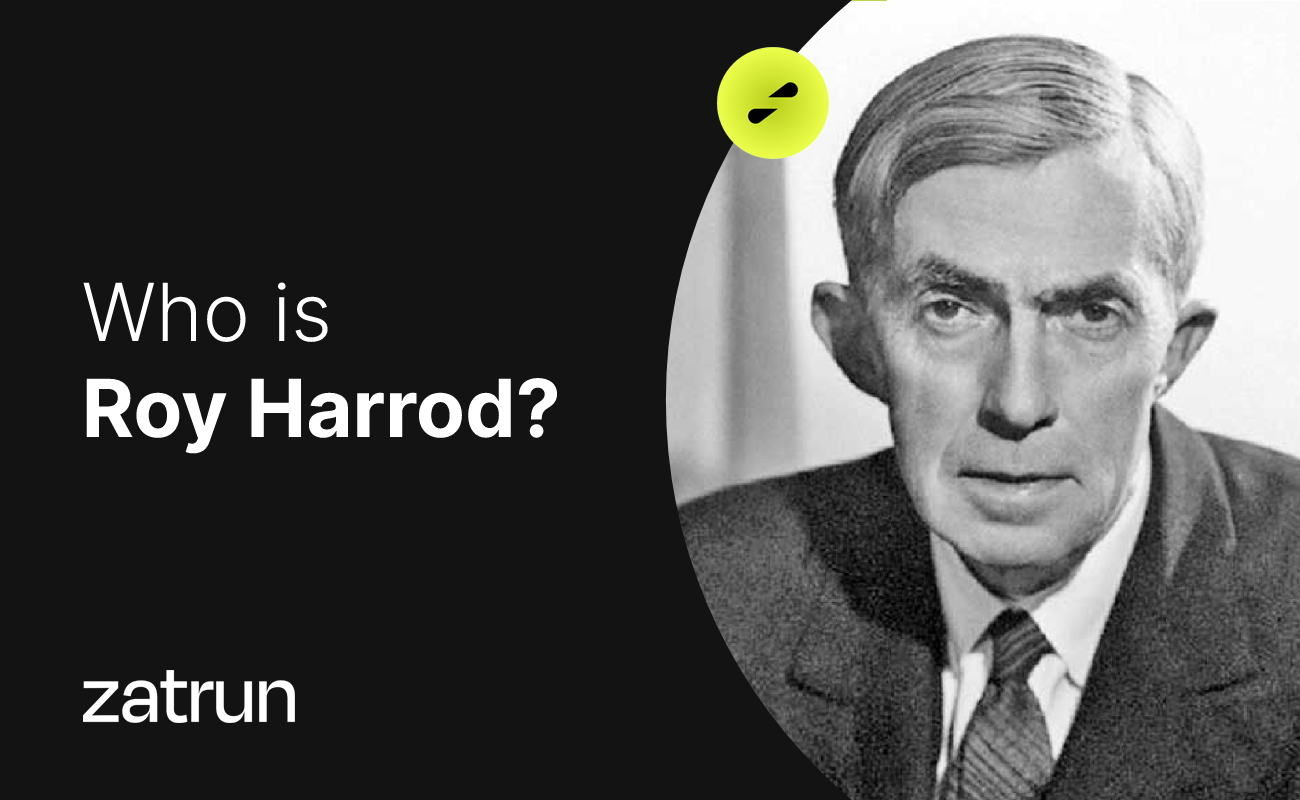In our article titled “Oliver Hart 101: Who is the Nobel Prize-Winning Successful Economist?” on Zatrun.com, we will delve into everything you need to know in detail about Oliver Hart, the accomplished economist who has been honored with a Nobel Prize, which our readers have been curious about.
Who is Oliver Hart?
Oliver Hart was born on October 9, 1948, in London, England. His father, Philip D’Arcy Hart, was a medical researcher of Jewish origin, and his mother was a gynecologist named Ruth Mayer. In 2016, he was awarded the Nobel Memorial Prize in Economic Sciences, along with Finnish economist Bengt Holmström, for their contributions to “contract theory”. The Nobel Prize is awarded by the Nobel Foundation. As a result of this award, Hart has become a well-known figure in the field of economics.

Hart graduated from the Mathematics department at King’s College, Cambridge University in 1969 and completed his Master’s degree in Economics at Warwick University in 1972. He then went on to complete his PhD in Economics at Princeton University in 1974. After a brief stint as an academic at Cambridge University, he began teaching as a professor at the London School of Economics. In 1984, he returned to the United States and became a faculty member at the Massachusetts Institute of Technology. He later joined the academic staff at Harvard University in 1993 and served as the Chair of the Economics Department from 2000-2003.
Oliver Hart is a member of several important academic organizations, including the American Academy of Arts and Sciences, American Finance Association, British Academy, Econometric Society, and National Academy of Sciences. He has also served as the President of the American Law and Economics Association and Vice President of the American Economic Association.
Oliver Hart and his Expertise
Hart is a renowned expert in the fields of contract theory, corporate theory, corporate finance, and law and economics. His research focuses on how the management and boundaries of companies are affected by their ownership structure and contractual arrangements. His studies emphasize the importance of the inability of parties to contract for every contingency, also known as the incompleteness of contracts.

He applied his theoretical work as an expert witness for the government in two legal cases (Black and Decker v. USA and WFC Holdings Corp. (Wells Fargo) v. USA) where companies claimed tax advantages as a result of selling their operating divisions. The government argued, based on Hart’s research, that the companies could not benefit from tax advantages since they retained control of the assets they sold.
Achievements:
On October 10, 2016, Oliver Hart and Bengt Holmström were awarded the Nobel Prize in Economics by the Royal Swedish Academy of Sciences for their contributions to contract theory. The committee stated that the theoretical framework developed by Hart and Holmström has helped us understand the dangers of real-life contracts and contract design. In the 1970s, Hart and Holmström introduced contract theory as an efficient field and later researched the theory’s applications. At the award ceremony in Stockholm, Hart received 4 million Swedish kronor, a certificate, and a gold medal.












